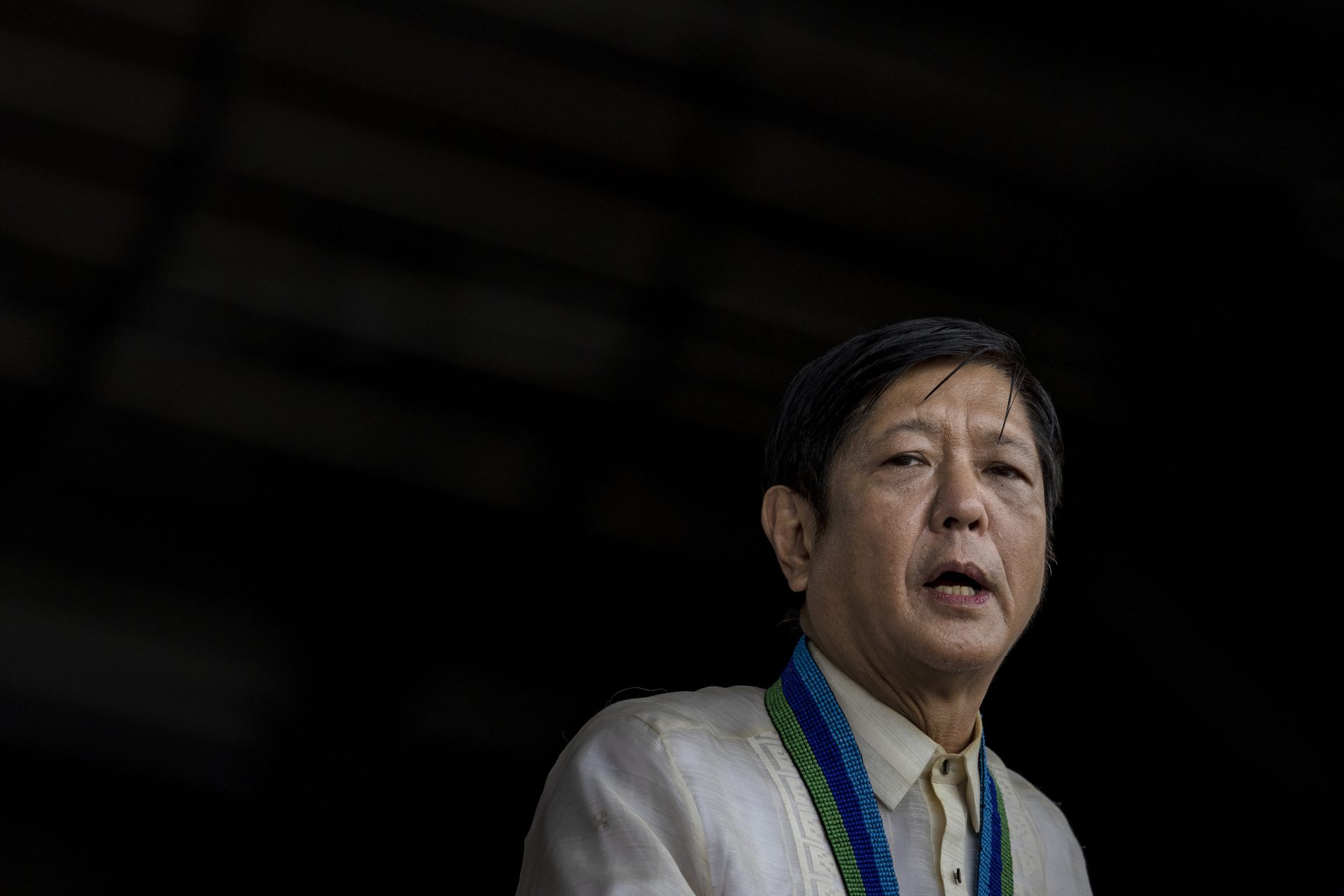It has been a full year since Ferdinand “Bongbong” Marcos Jr. (BBM) took over the presidency. During his campaign, he presented his priorities on the climate and environmental agenda, including preferred options for energy sources, expansion of domestic mining, and enhancing climate solutions.
The first few days of his government started out strong, with the appointment of known climate and environmental experts into key positions in agencies such as the Department of Environment and Natural Resources (DENR).
As is always the case, the true mark of green governance comes from the ability to implement laws, hold violators accountable, protect the environment, uphold the environmental rights of individuals and communities, and contribute to attaining sustainable development.
How has the Marcos administration fared in advancing the green agenda for the past year?
On energy security
Debates continue among proponents of different energy sources to replace coal as the most dominant in the Philippines. As he said at the start of his term, BBM continues to favor a mix of renewable energy (RE), gas, and nuclear as the future of the nation’s sources of fuel, power, and heating.
While a diverse set of resources is arguably the most preferable for a secure and sufficiently-supplied energy sector, policymakers are tasked to ensure that said resources would also address other issues such as affordable electricity, reducing pollution, and reducing environmental and social risks.
So far, the administration has not figured out a strategy that effectively addresses all of these challenges. Stakeholders would point to the numerous security risks, unsustainability, and high costs that come with nuclear energy; similar impacts with coal on electricity bills, global warming, and other forms of pollution by gas; or the intermittent nature and lack of high-capacity technologies associated with RE like solar and wind.
As the Philippines continue to face problems with power supply, phasing out old power plants, upgrading its grids, and banks still investing in dirty energy, it is important for the government to determine the best possible pathway to achieving peoples-centric energy security
On mining
The BBM leadership has openly advocated for the growth of the mining industry in the Philippines as a source of national revenue, in aid of recovering from the COVID-19 pandemic. While it made this call on the condition of sustainable operations, this is not a guarantee in practice, especially without the proper measures for executing a just transition that would disadvantage local communities. The just transition aspect is even more important when accounting for RE technologies requiring minerals to function.
This is best exemplified by the mining issue in Sibuyan Island, Romblon, considered as one of the last bastions for pristine biodiversity and ecosystems. Residents of the island protested against the supposed destructive operations of Altai Philippines Mining Corporation, which they claimed has harmed nearby forests and marine ecosystems. Their stand led to the issuance of the DENR of a series of orders for the said corporation to cease and desist all mining operations and have its ore transport permit suspended.
While this is a victory for the Sibuyan community at the moment, malpractices continue to prevail in many other mining sites in the country. Moving forward, the current administration needs to reexamine the current mining laws and policies to hold extractive industries accountable for wrongdoings, protect the well-being of communities and the environment, and rehabilitate mined-out areas.
On the oil spill
The sinking of the MT Princess Empress in Tablas Strait last February resulted in the country’s worst oil spill in 17 years. It has affected over 100 thousand Filipinos across six provinces, costing nearly PHP5 billion worth of damages to fisheries, livestock, and agriculture. It also resulted at around PHP10 billion in damages to coral reefs and mangroves, which is made more significant by the fact that these waters include 21 marine protected areas.
National government agencies, especially the DENR, received criticism from many groups for the alleged slow response, from the clean-up operations to the provision of financial aid to affected families. The incident also exposed lingering inconsistencies with the implementation of maritime laws and policies, which otherwise would have prevented it.
Through this disaster, Filipinos were reminded of another way that fossil fuels like oil can harm both communities and ecosystems. Calls were amplified for protecting marine biodiversity in the area, specifically the Verde Island Passage, and ending the dominance of fossil fuel use in the country.
On climate action
Speaking of fossil fuels, the impacts of climate change are increasingly becoming more recognized in day-to-day experiences. Cases such as extreme heat causing the hospitalization of 120 students in Laguna and a potentially strong El Niño by the end of the year threatening food and water security have brought more public awareness to this longstanding issue.
The DENR and the Climate Change Commission (CCC) are leading government units in reviewing and updating existing climate-related data and policies, including the national greenhouse gas inventory and the National Climate Change Action Plan. Other agencies like the National Disaster Risk Reduction Management Council and the Department of Agriculture are also preparing the country for potential disasters, from typhoons to droughts.
The inclusivity in decision-making has also improved under the BBM administration compared to its predecessor, with the DENR and CCC hosting more consultations and dialogues with businesses and civil society organizations. This brings the Philippines one step closer to actualizing a “whole-of-nation” approach that is necessary to properly deal with climate change impacts.
John Leo is the Deputy Executive Director for Programs and Campaigns of Living Laudato Si’ Philippines and a member of Aksyon Klima Pilipinas and the Youth Advisory Group for Environmental and Climate Justice under the UNDP in Asia and the Pacific. He is a climate and environment journalist since 2016.
The opinions and views expressed in this article are those of the authors. They do not purport to reflect the opinions or views of LiCAS News or its publishers.







